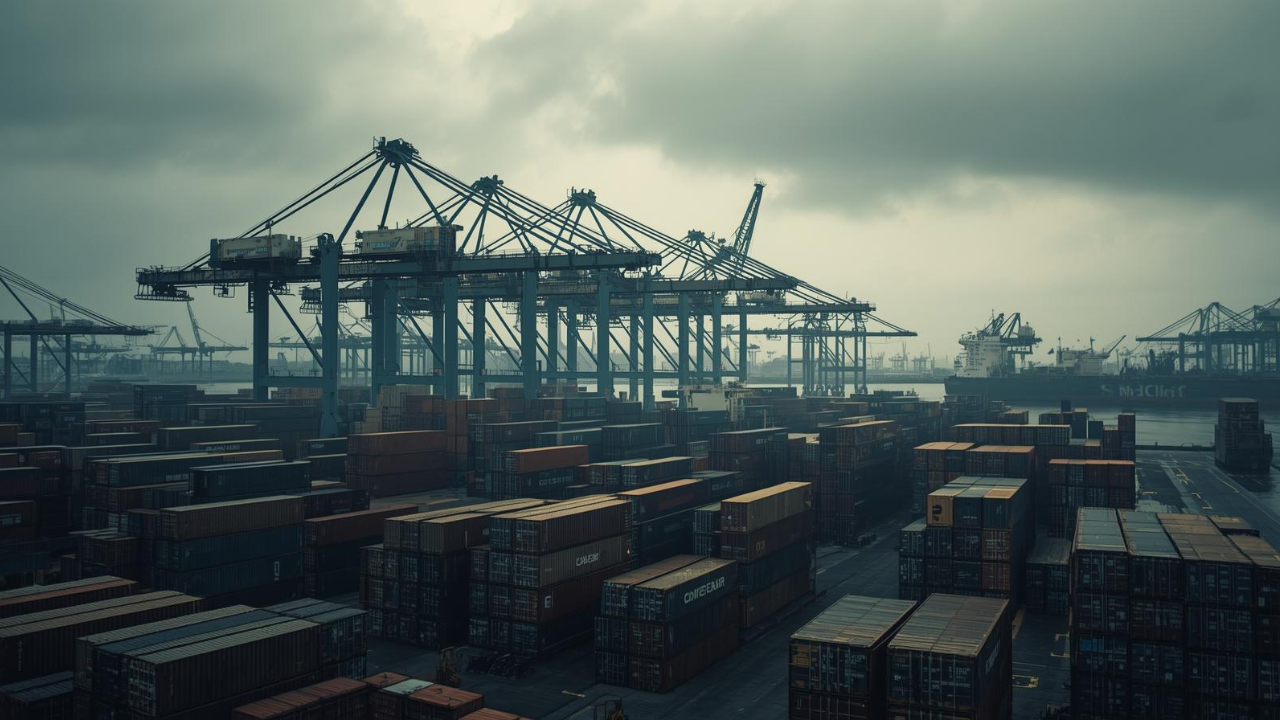
Post by : Meena Rani
Global Shipping Disruptions: How 2025 Tariffs Are Hitting Steel and Battery Imports
The global industrial sector is facing significant upheaval in 2025 as new tariffs on steel and battery imports ripple through manufacturing and logistics networks. These tariffs, imposed by several key trading nations, are disrupting supply chains, raising costs, and forcing industries to rethink sourcing and production strategies.The 2025 tariffs affect multiple categories of industrial materials, with steel and battery imports being the most severely impacted. These measures aim to protect domestic industries but have created unintended consequences for global trade.
Key points include:
Rising import costs are directly affecting industrial production worldwide:
The tariffs are compounded by ongoing shipping disruptions:
Industries are adopting innovative strategies to mitigate the impact of tariffs and disruptions:
Global trade dynamics are shifting as a result of the tariffs:
While the tariffs are economic in nature, they also have environmental consequences:
The 2025 tariffs are likely to have lasting effects on global industrial materials markets:
The combination of tariffs and shipping disruptions in 2025 has created a complex landscape for industrial materials like steel and batteries. Companies, governments, and industries must adapt quickly through local sourcing, technological innovation, and strategic planning. Understanding these dynamics is crucial to maintaining competitiveness in a rapidly changing global market.
Global Shipping Steel Imports Battery Supply Chains Tariffs 2025 Manufacturing Disruptions Raw Materials Trends Industrial Production Logistics Challenges Supply Chain Management Global Trade










Advances in Aerospace Technology and Commercial Aviation Recovery
Insights into breakthrough aerospace technologies and commercial aviation’s recovery amid 2025 chall

Defense Modernization and Strategic Spending Trends
Explore key trends in global defense modernization and strategic military spending shaping 2025 secu

Tens of Thousands Protest in Serbia on Anniversary of Deadly Roof Collapse
Tens of thousands in Novi Sad mark a year since a deadly station roof collapse that killed 16, prote

Canada PM Carney Apologizes to Trump Over Controversial Reagan Anti-Tariff Ad
Canadian PM Mark Carney apologized to President Trump over an Ontario anti-tariff ad quoting Reagan,

The ad that stirred a hornets nest, and made Canadian PM Carney say sorry to Trump
Canadian PM Mark Carney apologizes to US President Trump after a tariff-related ad causes diplomatic

Bengaluru-Mumbai Superfast Train Approved After 30-Year Wait
Railways approves new superfast train connecting Bengaluru and Mumbai, ending a 30-year demand, easi